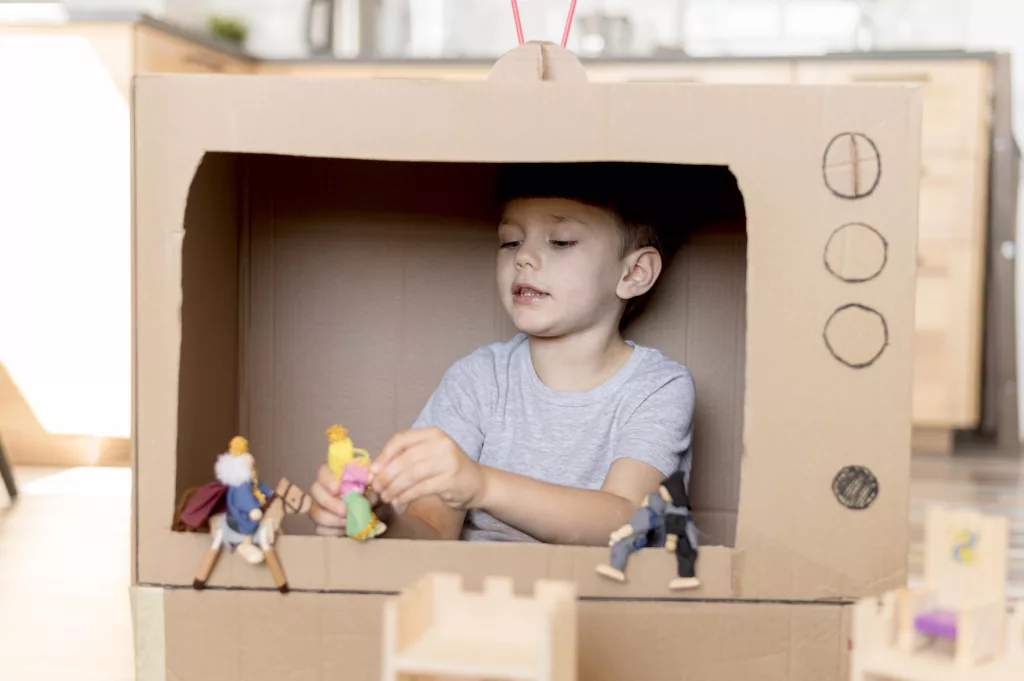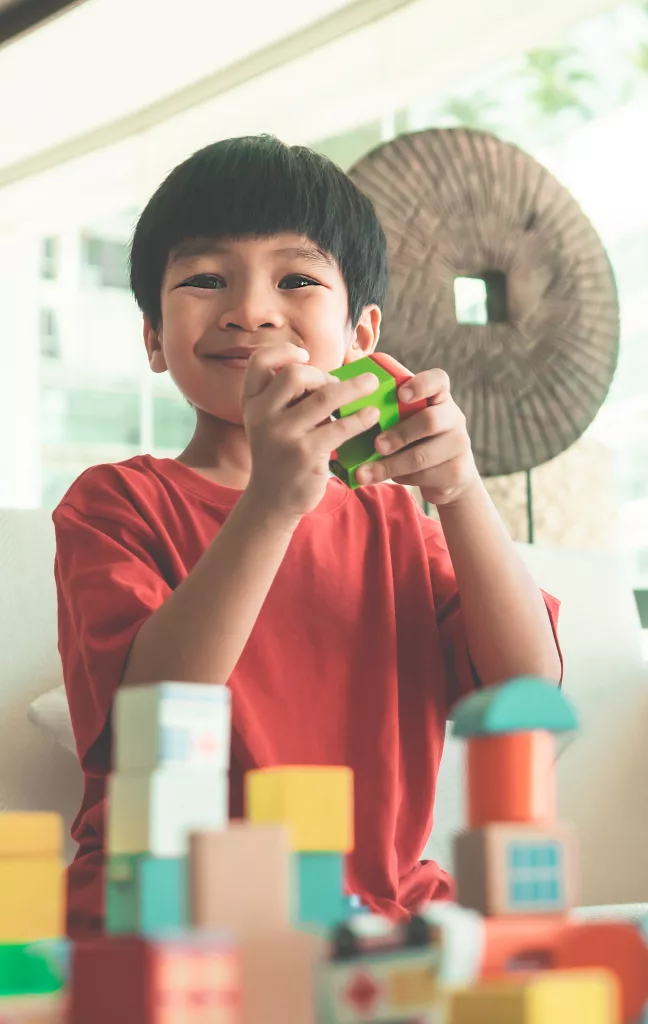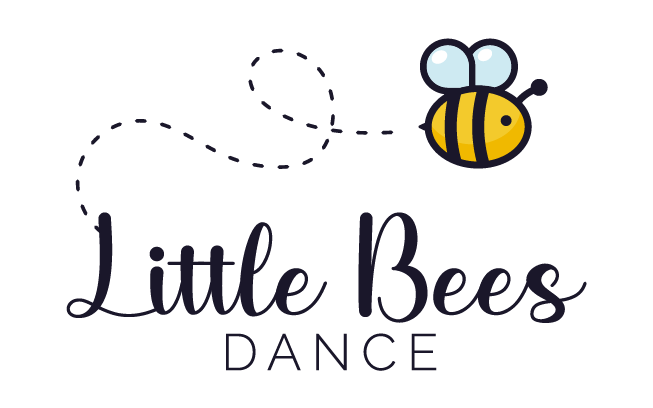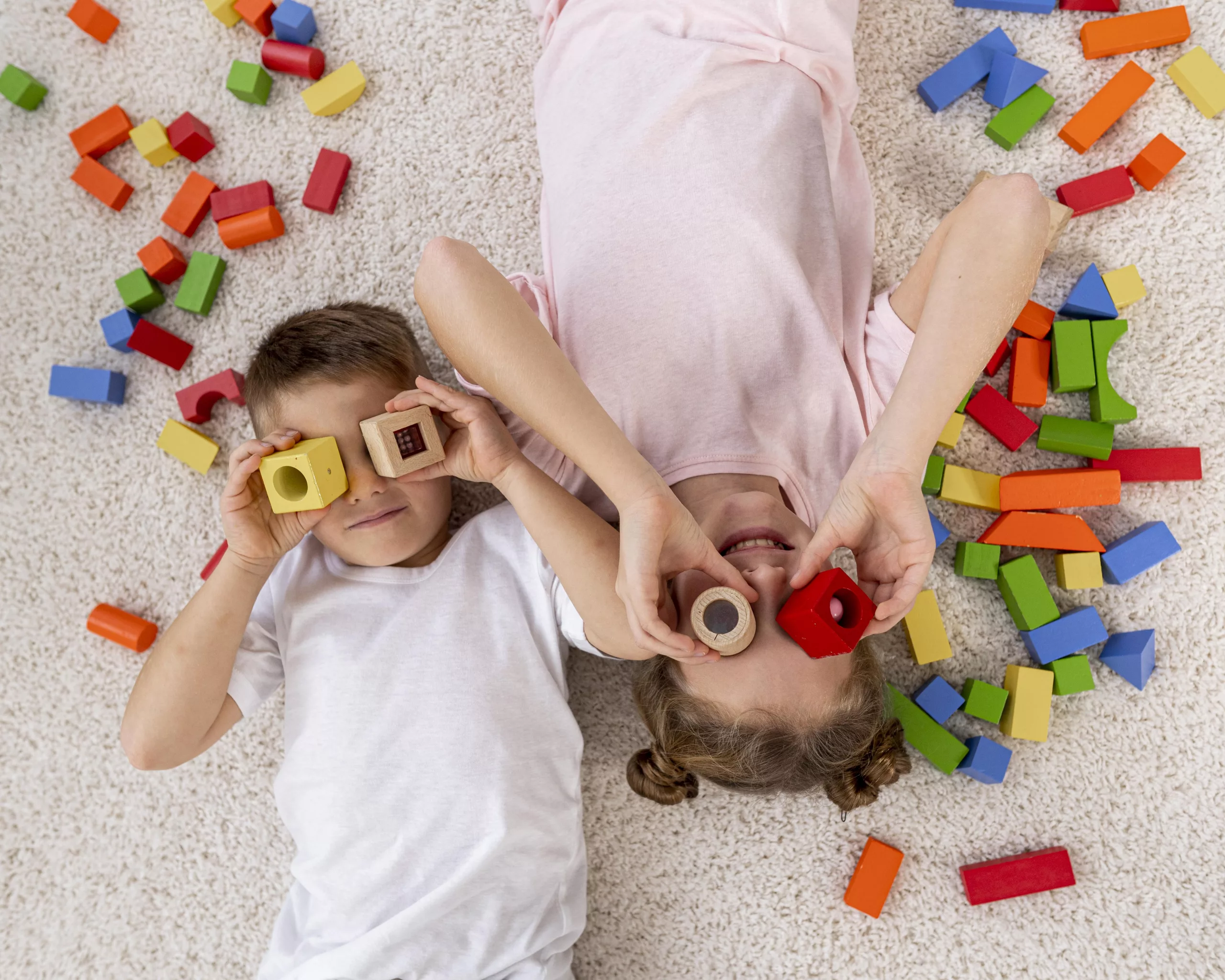As guardians, educators, or caregivers, we often place a high value on structured learning and discipline in the lives of our children. While these elements are undoubtedly essential, there’s another component that is equally important but frequently undervalued – play. The role of play in child care is more substantial than you might assume, and here’s why.
Play is not merely about entertainment and games; it’s a fundamental method through which children learn about their surroundings. It’s through play that children develop vital cognitive, physical, social, and emotional skills. This is not just a claim but a fact supported by a plethora of scientific research.
Cognitive growth – Imagination Play!

Cognitive growth is one of the main areas where play has a significant effect. When children participate in imaginative play, they’re not just fabricating fanciful worlds; they’re also developing problem-solving skills, boosting their creativity, and learning to think critically. They’re learning to make choices, to negotiate, and to navigate complex situations.
Physical Play
Physical play, conversely, assists children in developing motor skills and understanding the capabilities of their bodies. It’s through activities like running, jumping, and climbing that they learn about balance, coordination, and spatial awareness. Furthermore, physical play is a natural method for children to stay active and healthy.
From a social perspective, play is a platform for children to learn about cooperation, sharing, and empathy. It’s during play that children learn to understand others’ perspectives, negotiate roles, and resolve conflicts. These are essential skills for their future social interactions.
Emotion

On an emotional level, play allows children to express their feelings and learn about emotional control. It’s a safe space for them to explore different emotions and learn how to manage them effectively.
In essence, play is not just a leisure activity for children; it’s their primary job. It’s how they learn, grow, and prepare for the world. As adults, it’s our responsibility to understand the importance of play and ensure that our children have ample opportunities for it.
So, the next time you see your child engrossed in play, remember, they’re not just playing; they’re learning, growing, and developing in ways that will serve them for the rest of their lives
Let’s acknowledge play as an integral part of child care and celebrate the joy and learning it brings to our children’s lives.
Further Reading
For further reading, the National Association for the Education of Young Children offers a wealth of resources on the importance of play in learning and development.
If you’ve enjoyed our blog ‘Role of Play in Child Care’ read more insights on Child Care and Play, check out our exciting blog at Little Bees Dance.

